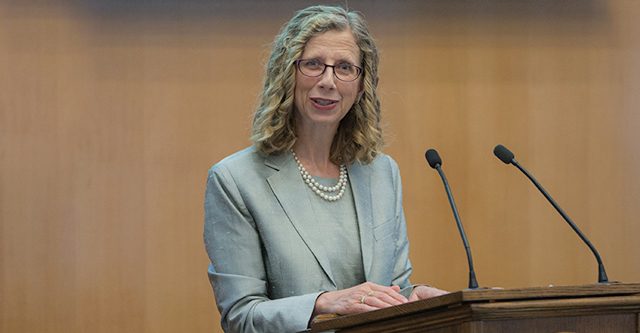
Kampala, Uganda | THE INDEPENDENT | More than 930 million tons of food sold in 2019 landed in waste bins, according to the Food Waste Index Report, released on Thursday by the UN Environment Programme (UNEP).
The report shows that between homes, restaurants and shops, 17 per cent of all food is just dumped. Some food is also lost on farms and in supply chains, indicating that overall a third of food is never eaten. The study represents the most comprehensive food waste data collection, analysis and modelling ever done, and offers a methodology for countries to accurately measure loss.
“If we want to get serious about tackling climate change, nature and biodiversity loss, and pollution and waste, businesses, governments and citizens around the world have to do their part to reduce food waste”, said Inger Andersen, Executive Director of the UN Environment Programme (UNEP).
Although food waste had been thought of as a problem mostly affecting rich countries, the report found that levels of waste were surprisingly similar in all nations, although data is scarce in the poorest countries. It shows that households discard 11 per cent of food at the consumption stage of the supply chain, while food services and retail outlets waste five and two per cent, respectively.
This has substantial environmental, social and economic impacts, according to the report, which points out that eight to ten per cent of global greenhouse gas emissions are associated with unconsumed food. Yet, in 2019, some 690 million people were impacted by hunger and three billion were unable to afford a healthy diet.
Against that backdrop and with COVID-19 threatening to exacerbate these numbers, the study urges consumers not to waste food at home. It also pushes for food waste to be included in Nationally Determined Contributions (NDC), plans through which countries commit to increasing ambitious climate actions in the Paris Agreement.
“Reducing food waste would cut greenhouse gas emissions, slow the destruction of nature through land conversion and pollution, enhance the availability of food and thus reduce hunger and save money at a time of global recession”, said Ms Andersen.
********
URN
 The Independent Uganda: You get the Truth we Pay the Price
The Independent Uganda: You get the Truth we Pay the Price




Is Bob the Bob I know??!! In Nashua?? If so, I’m going to have to stop by!!
Hi Allie, This is one of my favorite blog posts of yours! I totally ‘hear you’ on the whole “Babe” thing, LOL! I’ve had mixed success with baking bacon in the oven, so I’m very glad to hear your way–Thank you!! I recently tried sprinkling maple sugar on it before baking, and my husband and I LOVE it. You’ve inspired me to bake more bacon to keep on hand for other toppings. Thanks again!
Whoa, I’m really late to this party! I read so many times about bacon in the oven…and finally I tried it! Perfect, beautiful, easy! I was afraid it would spatter all over my oven but no! I did take your advice and heat oven to 375. We like crispy so baked for 25 minutes. Thanks so much, this is the only way I’ll cook bacon again!persian store